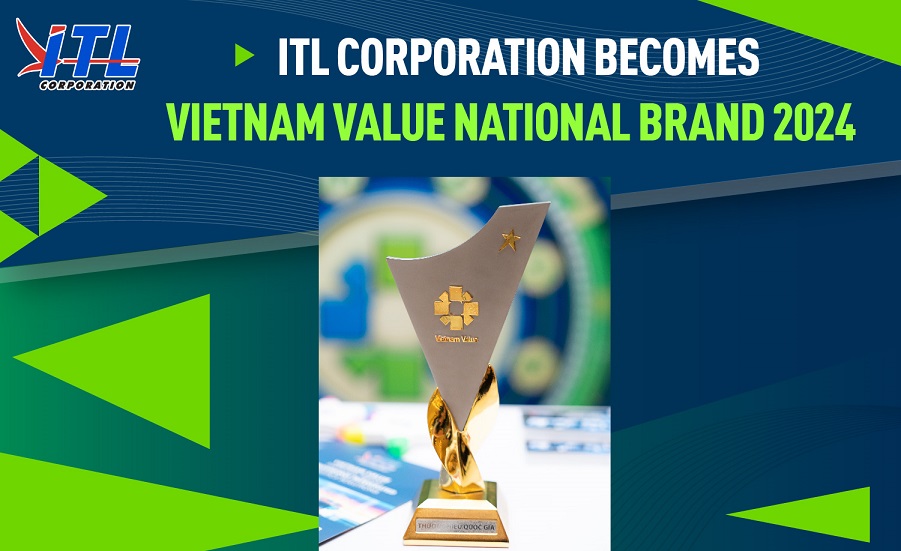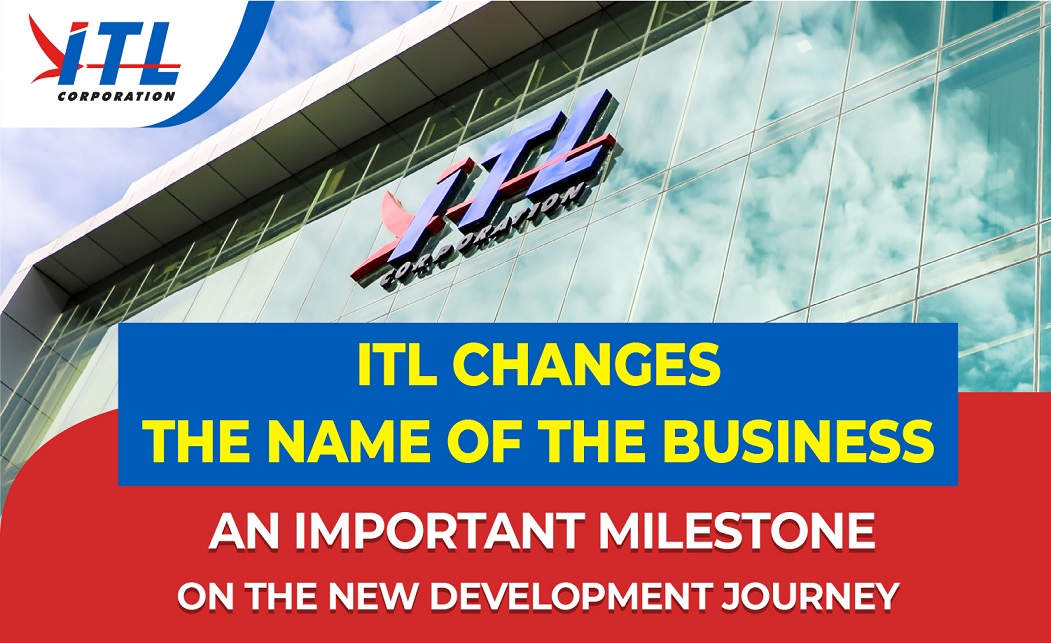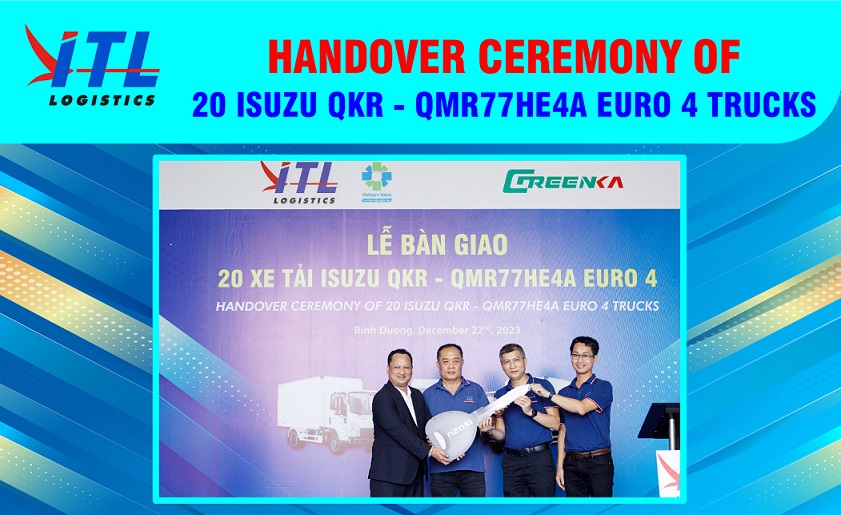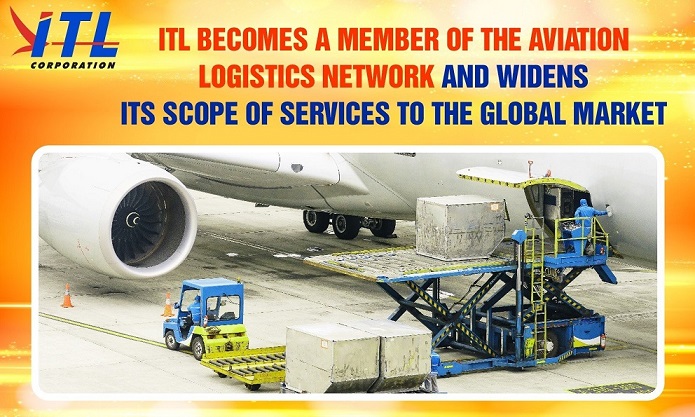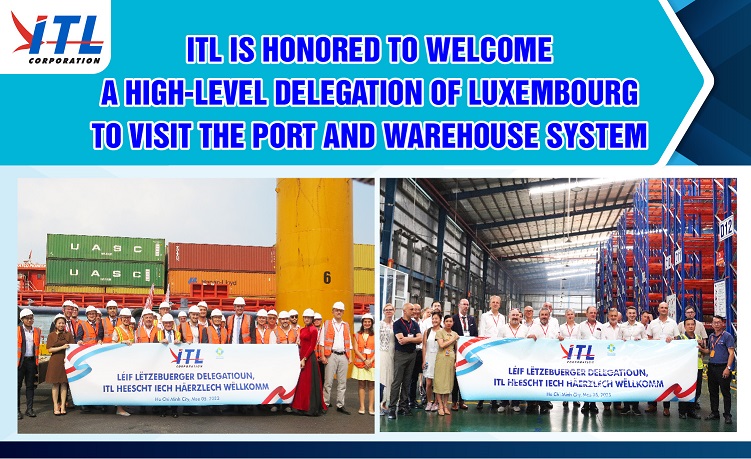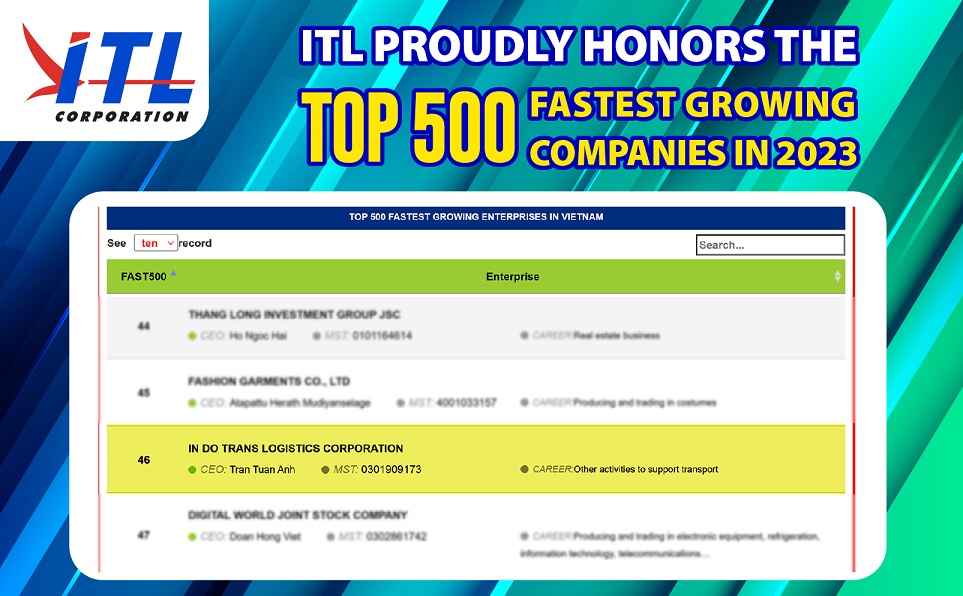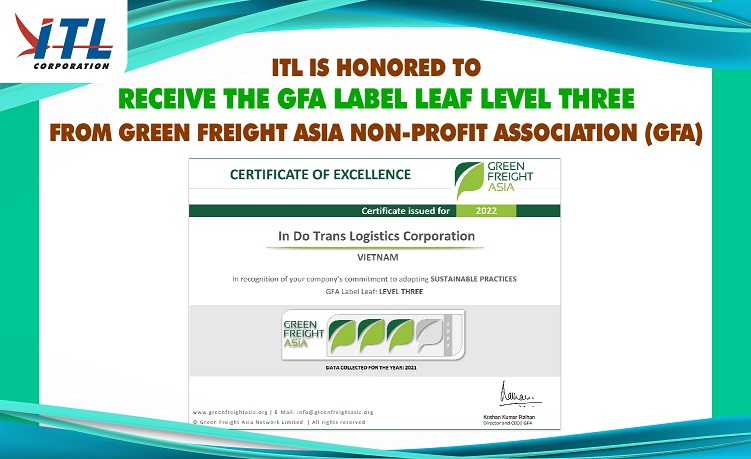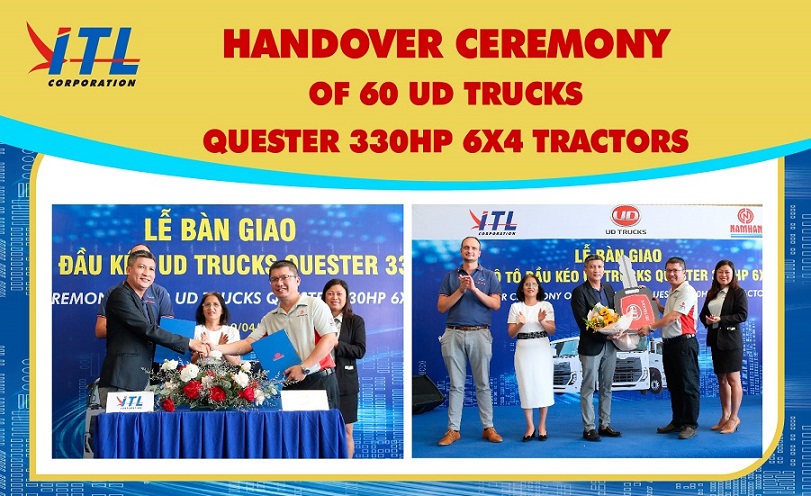13
04/20
What Is The Integrated Logistics Services?
In recent years, the concept of integrated logistics has spread to the point of replacing the traditional logistics concept. This was all too broadly understood as the transfer of raw materials and finished products from one place to another. Nowadays, however, industrial logistics can no longer include logistics that only deal with the handling of materials and goods. So what does integrated logistics mean?
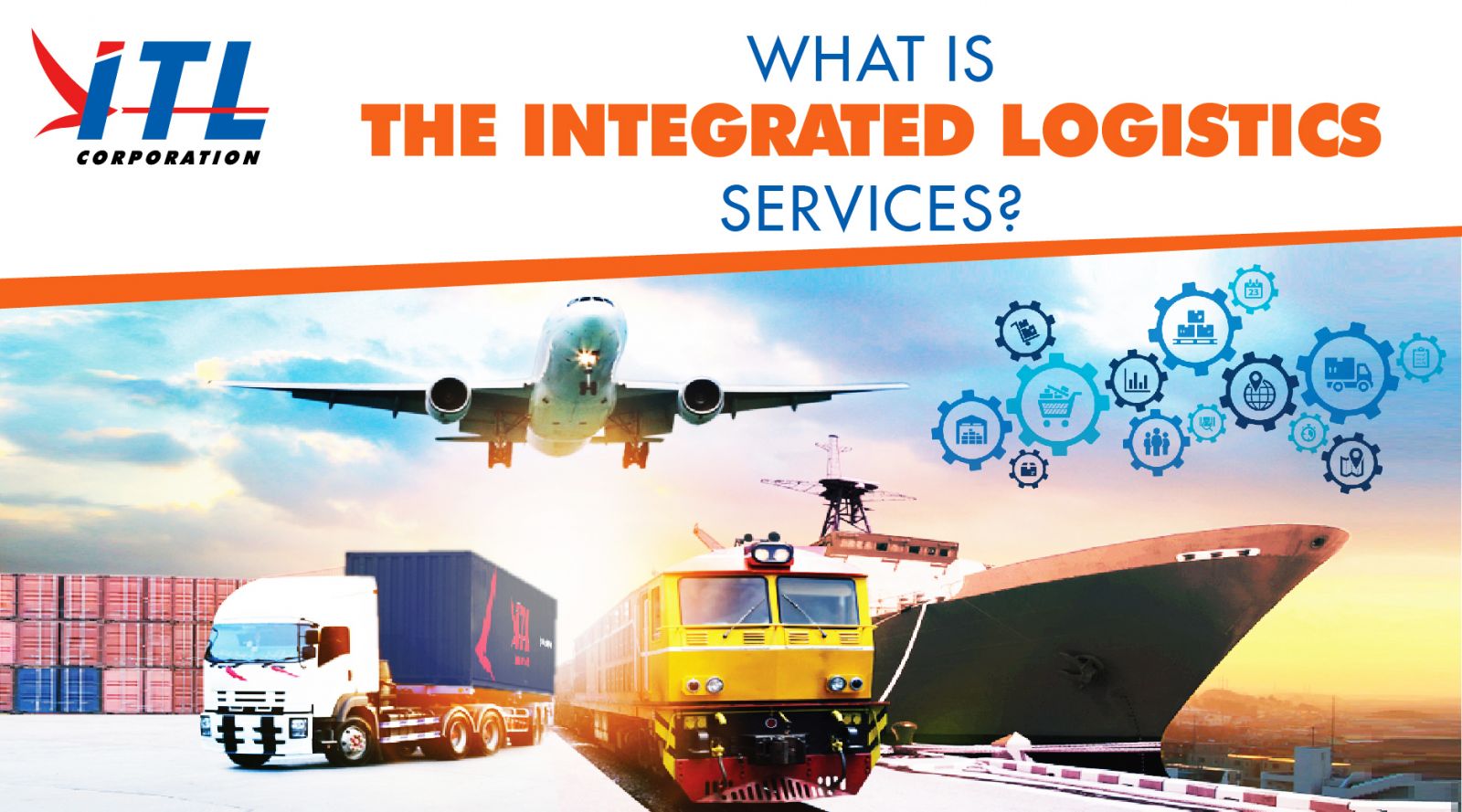
What is integrated logistics?
The definition of integrated logistics, in some respects, seems identical to that of logistics. However, it contains a fundamental difference: the integration of each step, both with the planning phase and with the control phase. In other words, integrated logistics, in addition to dealing with everything related to traditional logistics, also connects with the departments of production, marketing and all other departments of the company. Integrated logistics is therefore even more oriented towards optimising production costs and times, as well as improving quality.
A definition of integrated logistics
To date, however, there is no clear definition of integrated logistics. The Council of Logistics Management’s definition, although broader than others, is limited to defining:
“Logistics is the process of planning, implementing and controlling the efficient and effective flow and storage of raw materials, semi-finished and finished products and related information from the point of origin to the point of consumption in order to meet the needs of customers.”
If we want to give a definition of an integrated logistics system, we can say:
“Integrated logistics is a unique business management process that governs the flow of materials, information and goods from the point of origin to the point of arrival, in which all management activities are interconnected and interdependent.”
The architecture of integrated logistics
Therefore, the integrated logistics architecture on the one hand provides for the correct management of warehouses, transport and materials. On the other hand, it integrates with different functions of the business process. For example:
Production function
production planning
optimisation of material supply flows
organisation of storage areas
material handling systems
supply function
selection and control of suppliers
purchasing planning
marketing function
correct definition of services
packaging design
marketing campaigns design
To these, then, depending on the production process, which is characteristic of each production system, can be added numerous others. In any case, the variation of each of them will inevitably also change the logistical processes. Integrated logistics, therefore, proceeds precisely with a view to logistical efficiency and the reduction of logistical costs.

What is integrated logistics?
The definition of integrated logistics, in some respects, seems identical to that of logistics. However, it contains a fundamental difference: the integration of each step, both with the planning phase and with the control phase. In other words, integrated logistics, in addition to dealing with everything related to traditional logistics, also connects with the departments of production, marketing and all other departments of the company. Integrated logistics is therefore even more oriented towards optimising production costs and times, as well as improving quality.
A definition of integrated logistics
To date, however, there is no clear definition of integrated logistics. The Council of Logistics Management’s definition, although broader than others, is limited to defining:
“Logistics is the process of planning, implementing and controlling the efficient and effective flow and storage of raw materials, semi-finished and finished products and related information from the point of origin to the point of consumption in order to meet the needs of customers.”
If we want to give a definition of an integrated logistics system, we can say:
“Integrated logistics is a unique business management process that governs the flow of materials, information and goods from the point of origin to the point of arrival, in which all management activities are interconnected and interdependent.”
The architecture of integrated logistics
Therefore, the integrated logistics architecture on the one hand provides for the correct management of warehouses, transport and materials. On the other hand, it integrates with different functions of the business process. For example:
Production function
production planning
optimisation of material supply flows
organisation of storage areas
material handling systems
supply function
selection and control of suppliers
purchasing planning
marketing function
correct definition of services
packaging design
marketing campaigns design
To these, then, depending on the production process, which is characteristic of each production system, can be added numerous others. In any case, the variation of each of them will inevitably also change the logistical processes. Integrated logistics, therefore, proceeds precisely with a view to logistical efficiency and the reduction of logistical costs.
